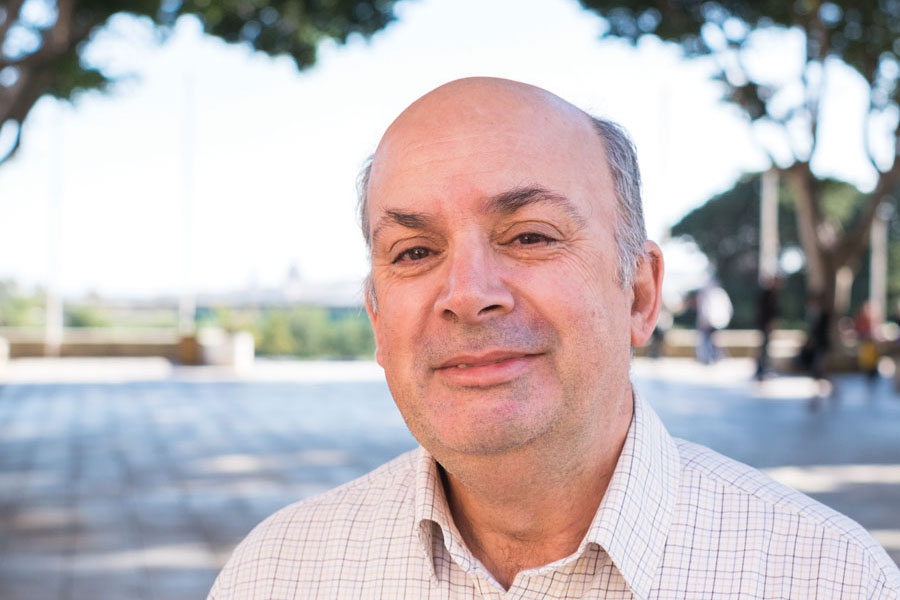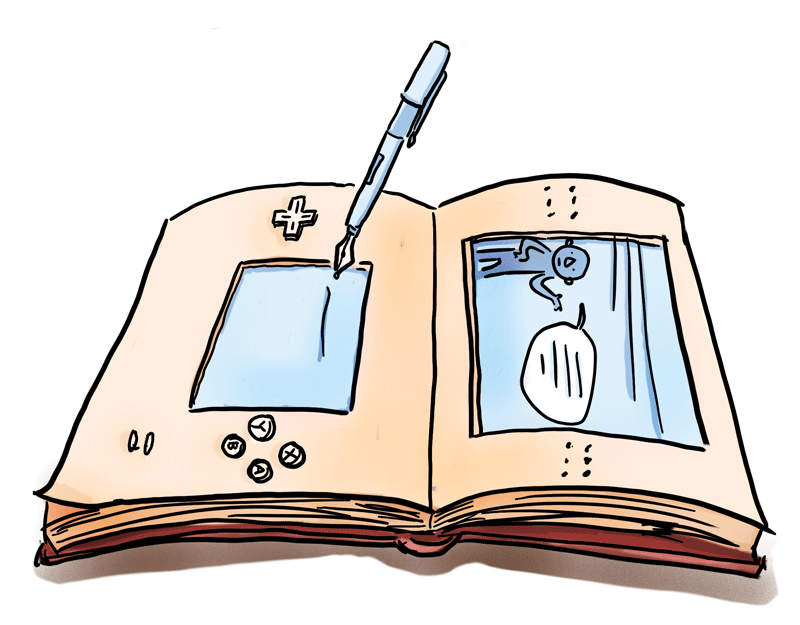One fifth of human genes have already been claimed as US Intellectual Property. But should anyone own our genes? And what happens when gene ownership can drastically prevent the advancement of life-saving cures?
The US Patent Office’s most controversial patents are on BRCA1 and BRCA2, both linked to the high risks of ovarian and breast cancer. They are now owned by Myriad Genetic Laboratories. In 1996, Myriad Genetics developed and began marketing a predictive test for the presence of possible cancer-causing mutations: the ‘BRCAnalysis’ test. The price of the test was US$3,000 but the company promised that it would eventually drop the price to US$300. This never happened because its patent holder had the right to stop any other party from duplicating the patented sequences. This single test accounted for over 80% of Myriad Genetics’ multibillion dollar business.
In 2009, the American Civil Liberties Union (ACLU) decided to challenge the patenting of human genes on legal grounds. The ACLU was the representative of 20 medial organisations, geneticists, women’s health groups, and patients unable to be screened due to the prohibitive patents. The ACLU’s position was that Myriad’s patents violated the patent law on the issue of patent-eligibility.
The case went before the Supreme Court. By 3 June, 2013 it was declared that the Myriad patents were invalid because they did not create or alter any of the genetic information encoded in the BRCA1 and BRCA2 genes. The location and order of the nucleotides existed in nature before Myriad found them. The company simply discovered what was already there and did not create anything new.
There is no worldwide consensus on whether parts of the human genome should be granted intellectual property protection. The Myriad patents should alert us to the injustice of having a pharmaceutical company make money out of cancer predictive tests that could cost 10 times less than what is charged. The same patents stifled diagnostic testing and research that could have led to cures as well as limiting women’s options regarding their medical care in Malta as in all other parts of the world. There are various international and regional agreements that have described the human genome as being part of humanity’s ‘common heritage’, including the 1998 UN Declaration on the Human Genome and Human Rights. The Myriad patents controversy has shown that gene patenting does not work to stimulate more research—one of the prime arguments Big Pharma uses. It is time to explore other avenues that will both promote scientific progress and technological development but at the same time protect the special nature of human genes that make us who we are. No one should own our genes—they should be exploited in the interest of everyone.
Written by: Dr Jean Buttigieg



